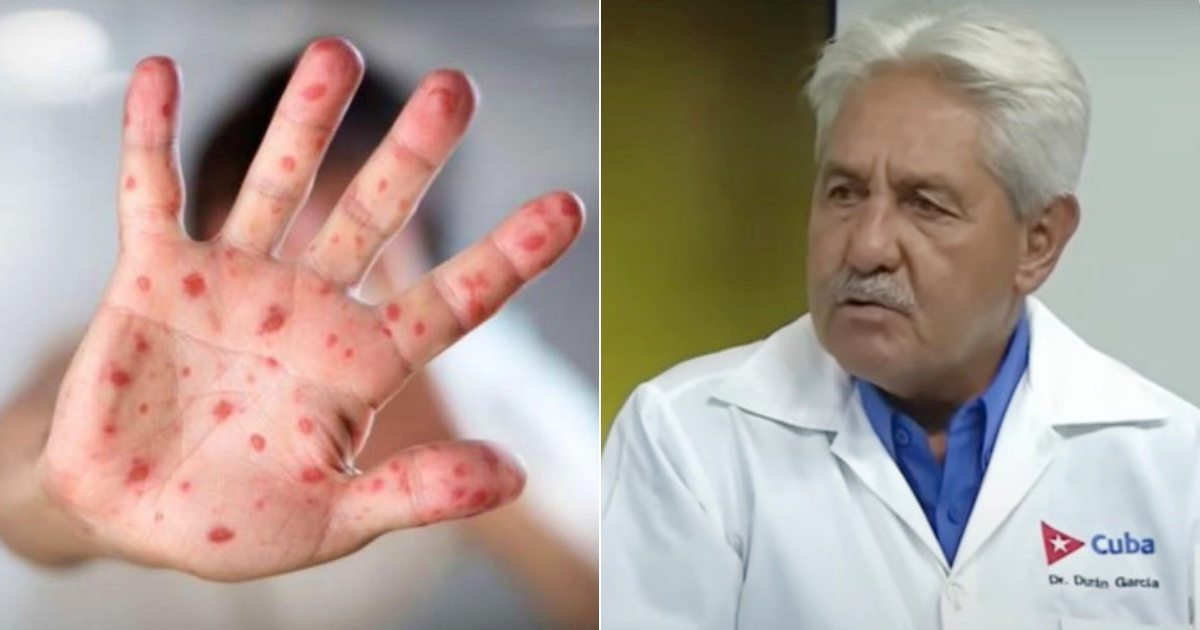The Ministry of Public Health (MINSAP) of Cuba announced on Wednesday that no cases of the clade Ib variant of Mpox—commonly referred to as "monkeypox"—have been detected following the international alert issued by the World Health Organization (WHO).
Francisco Durán García, National Director of Hygiene and Epidemiology at MINSAP, stated in an interview with Granma that Cuba is maintaining "epidemiological surveillance to immediately detect any suspected cases" of the disease within the country. Durán noted that in 2022, the island confirmed eight cases of the virus, all of which were "promptly controlled."
Transmission and Symptoms
Durán explained that the disease is transmitted through direct or indirect contact with blood, bodily fluids, or skin lesions. He added that it can also spread through sexual contact. Unlike other sexually transmitted infections, using a condom alone does not prevent transmission, as the virus can spread through body-to-body contact.
Regarding symptoms, Durán detailed that the disease typically starts with fever, muscle aches, headaches, and a bothersome rash that appears on the hands, feet, groin, and genital areas. The illness can last from two to four weeks. The disease can be transmitted from animals to humans or through direct, intense contact with symptomatic individuals.
The Cuban expert emphasized the importance of "vigilance and symptomatic treatment, as there are no specific medications for its elimination." He added that the virus generally does not cause death unless "other complications" arise.
Durán urged the Cuban population to seek medical attention immediately if they experience any symptoms to receive a proper and timely diagnosis.
Mpox is caused by a virus from the Orthopoxvirus genus, which can lead to a painful rash, swollen lymph nodes, and fever, according to the WHO. The clade Ib variant can easily spread through close contact between individuals, not necessarily requiring sexual contact, and is considered more dangerous than the 2022 variant. That earlier outbreak led to a similar alert, which was lifted after the spread was contained and the situation was deemed under control.
Mpox was first described in humans in 1970 in the Democratic Republic of Congo. Since then, most reported cases have originated from the Congo Basin and West Africa.
Frequently Asked Questions about Mpox in Cuba
Here are some common questions and answers about the Mpox situation in Cuba, focusing on key aspects such as transmission, symptoms, and preventive measures.
What is the current status of Mpox cases in Cuba?
As of the latest announcement, no cases of the clade Ib variant of Mpox have been detected in Cuba.
How is Mpox transmitted?
Mpox is transmitted through direct or indirect contact with blood, bodily fluids, or skin lesions, and can also spread through sexual contact and close body-to-body contact.
What are the symptoms of Mpox?
Symptoms include fever, muscle aches, headaches, and a rash that appears on the hands, feet, groin, and genital areas. The illness can last from two to four weeks.
